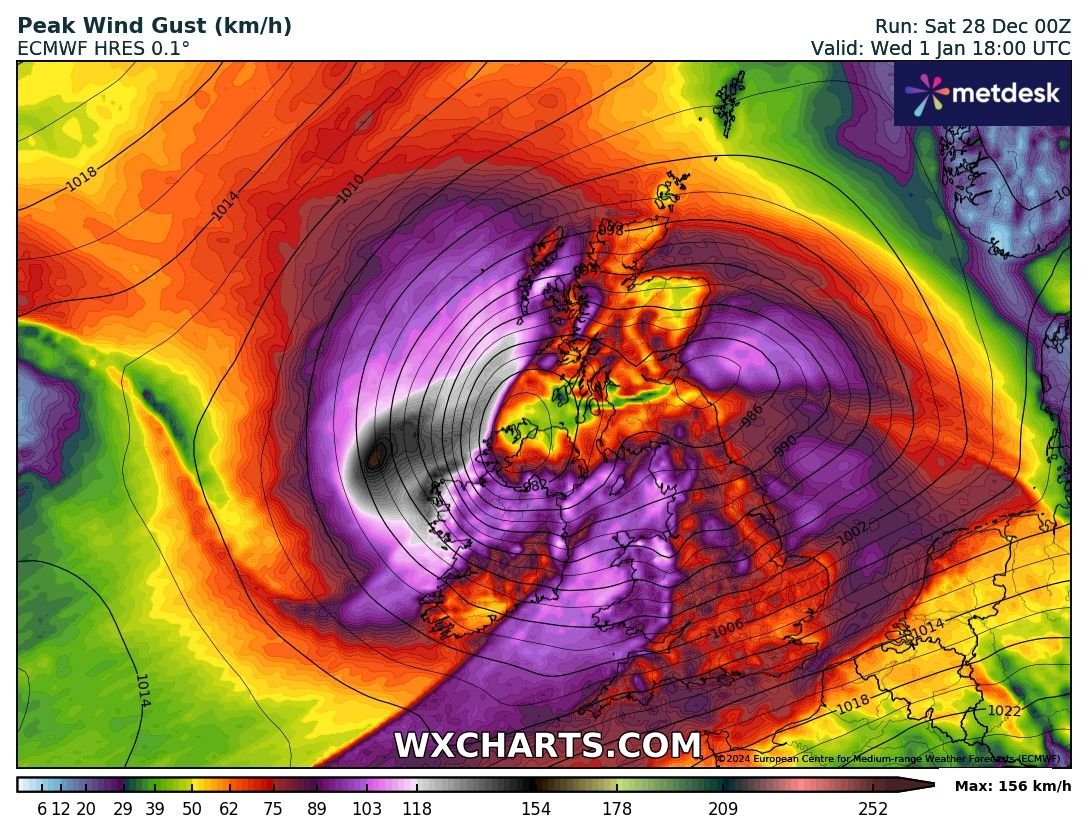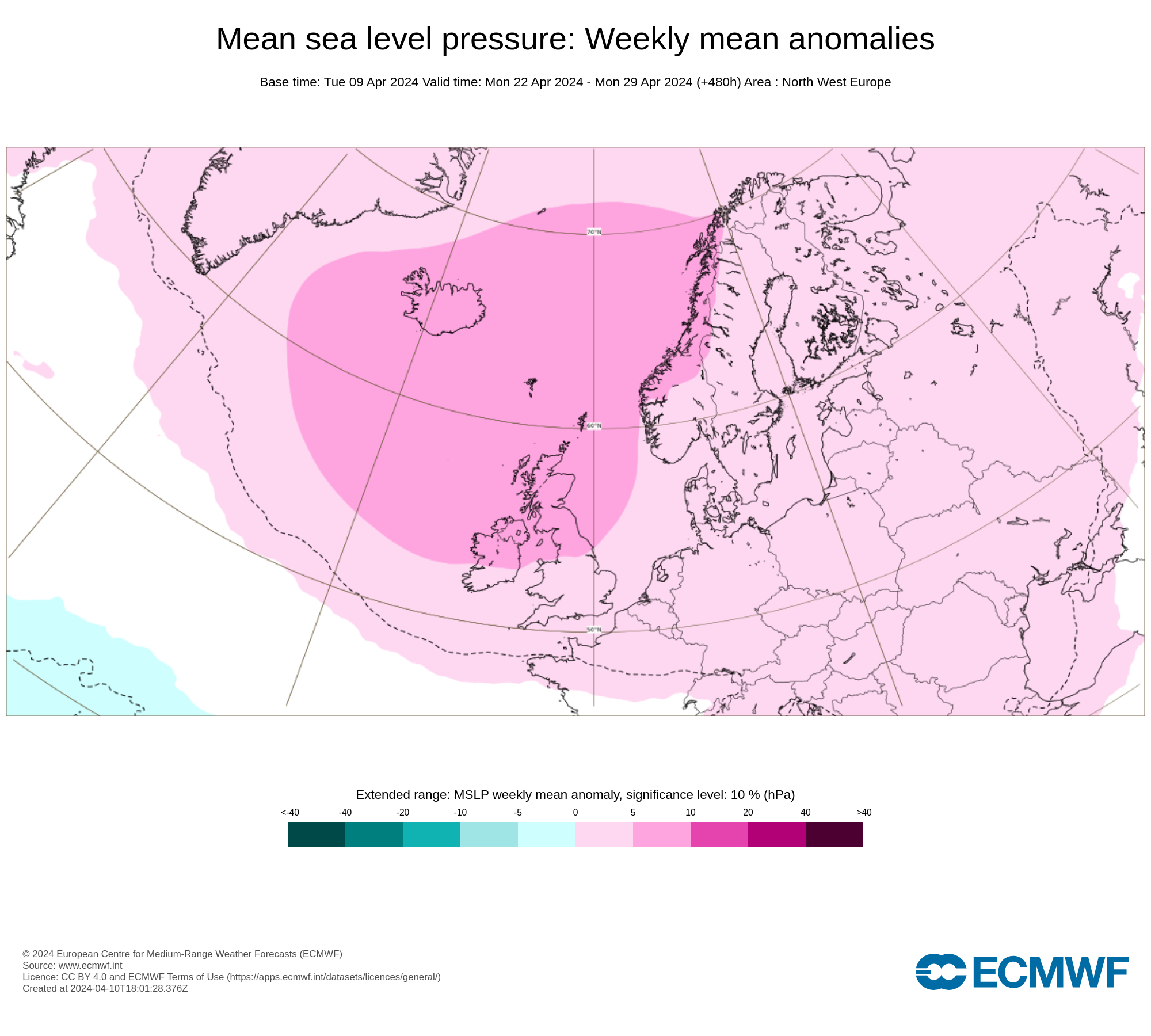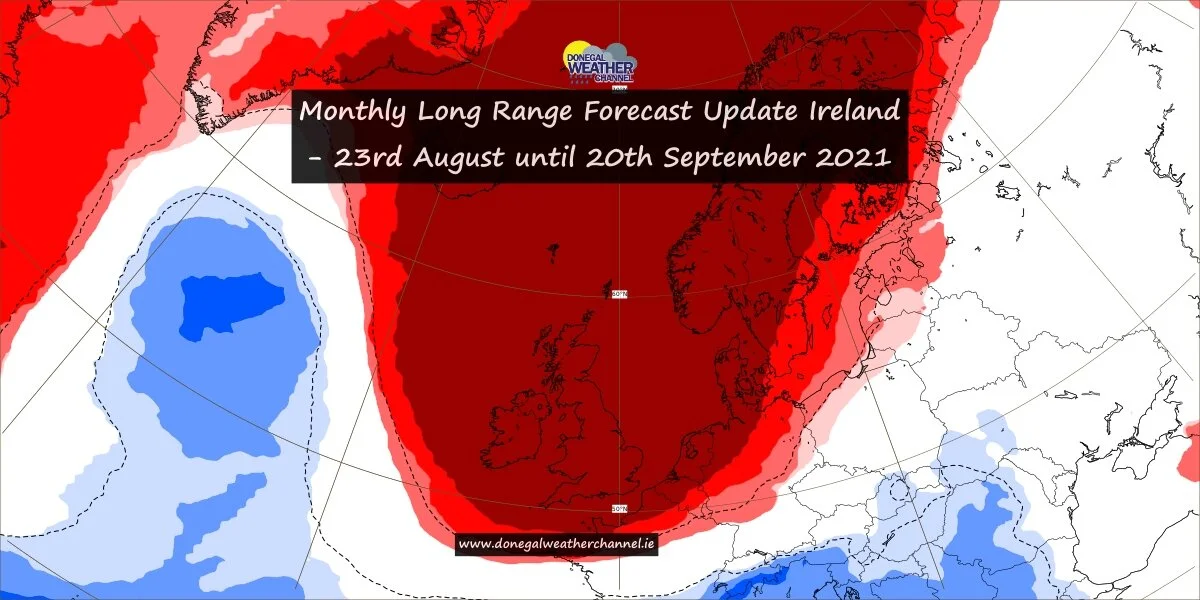Temperatures close to 50C - Spain set for its hottest ever weather this weekend with a new European record possible
EUROPE WEATHER NEWS
Spain and Portugal are bracing for wildfires in the coming days with temperatures forecast to exceed 40°C on the Iberian peninsula.
Portugal’s prime minister warned on Wednesday that the hot weather increases the threat of blazes, which in 2017 killed more than 100 people in his country.
Spain’s weather service forecast a heatwave until Monday and said the mercury could surpass 44°C in some areas.
This weekend may see temperatures reach up to 48C across parts of southern Spain and possible close to 50C locally in places which could make it the hottest spell of weather there ever.
A recent heatwave across southern Europe - fed by hot air from North Africa - contributed to massive wildfires breaking out in Turkey, Greece, Algeria and elsewhere in the Mediterranean region.
Earth is passing through the stream of Comet Swift-Tuttle just as a crescent moon is lighting the sky. Just a Syracuse, in Sicily, has provisionally exceeded the previous European highest temperature with a record of 48.8°C yesterday. If the record is confirmed by the World Meteorological Organization, this temperature will break the previous record of 48.0°C in Athens in 1977.
It will also raise concerns that even higher temperatures are potential in future, possibly even exceeding 50.0C.
Professor Peter Stott is the Met Office’s lead on climate attribution. He has studied European heatwaves for nearly two decades, including the notable ones in 2003 and 2019.
He said: “Climate change is making heat-related extremes of weather more intense and when we think about those record-breaking temperature the chance of breaking temperature records – or coming close to breaking records – is greatly increased.
“Record-breaking temperatures in June 2019 saw the French temperature record exceed 45.0°C for the first time, and our analysis found that event was at least five times more likely because of climate change. Although we haven’t yet been able to run an in-depth study on the current situation, I think it’s going to be clear that climate change has made this current event more extreme.
“The chances each summer of seeing really extreme temperatures are pretty high now. We can’t say exactly when it is likely to happen, but Europe will need to prepare for the eventuality of further records being broken with temperatures above 50.0°C being possible in Europe in future, most likely close to the Mediterranean where the influence of hot air from North Africa is strongest.”
The Earth’s average surface temperature has risen by around 1.1°C since the pre-industrial period (1850-1900), but the average temperature in some regions has increased by a greater amount. The average temperature in North Africa, for example, has increased by around 2.0°C over the same period.




















